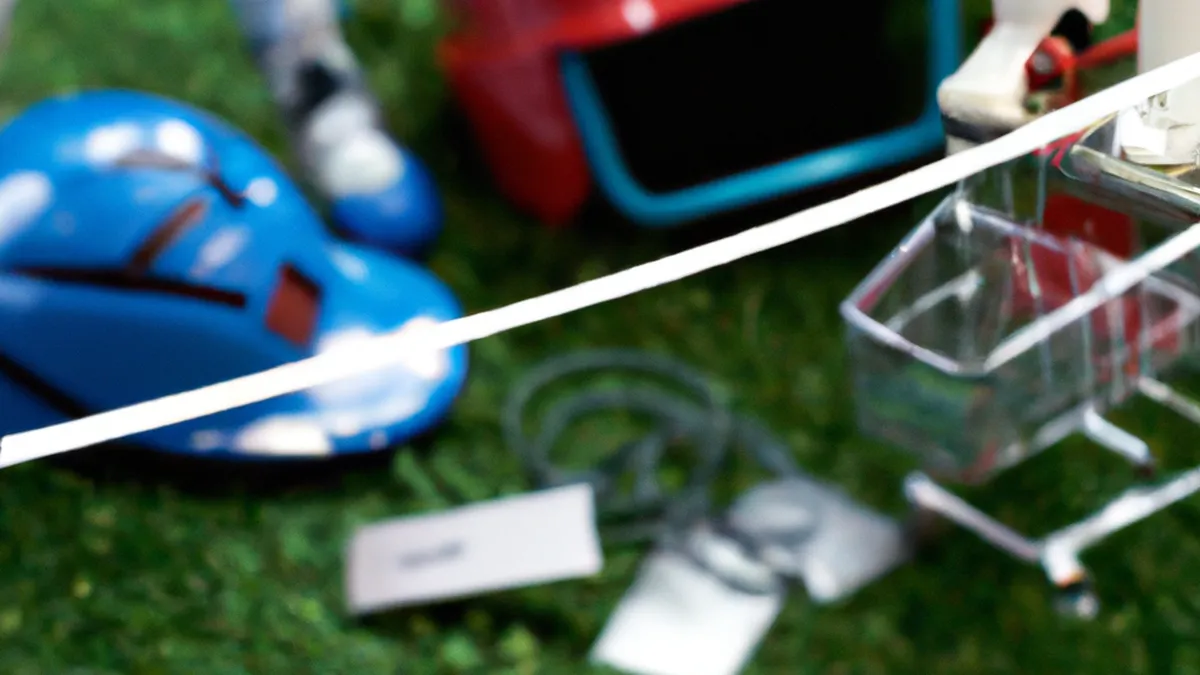Pro Tips for Safe Knee Stretching
Rehabilitation Protocols for Knee InjuriesKnee injuries often disrupt daily activities and sports. Effective rehabilitation can lead to full recovery. Understanding proper protocols is essential for regaining strength and mobility. This blog post explores key aspects of rehabilitation, recovery phases, and the importance of professional guidance.
Initial Assessment
A thorough assessment is crucial before starting rehabilitation. A healthcare professional evaluates the injury. They check for swelling, pain, and range of motion. Imaging studies like X-rays or MRIs may provide a complete understanding of the injury. This assessment determines the injury’s severity and type, helping create an effective rehabilitation plan.
Importance of a Professional Diagnosis
A professional diagnosis is essential. Self-diagnosing may lead to improper treatment and worsen the injury. A trained professional identifies underlying issues that may not be obvious. For instance, a ligament tear may accompany a meniscus injury. Professionals recommend specific rehabilitation protocols, ensuring you focus on the right recovery exercises.
Understanding Different Types of Knee Injuries
Knee injuries vary in type and severity. Understanding these differences is vital for effective rehabilitation. Common injuries include:- **Ligament Tears**: Injuries to the ACL or PCL commonly occur in sports and impact knee stability. – **Meniscus Tears**: Trauma or degenerative changes can cause tears, leading to pain and limited mobility. – **Patellar Tendinitis**: “Jumper’s knee” results from overuse, affecting the tendon connecting the kneecap to the shinbone.Each injury requires a different rehabilitation approach, making it crucial to understand your specific condition.
Phases of Rehabilitation
As an Amazon Associate I earn from qualifying purchases.
Gear tip: consider stretching strap, yoga blocks, and mobility sliders to support this topic.
Rehabilitation typically occurs in three phases: acute, subacute, and functional. Each phase plays a significant role in recovery.
Acute Phase
The acute phase begins immediately after the injury and lasts for one to three days. The primary goal is to reduce pain and swelling. Use the RICE method—Rest, Ice, Compression, and Elevation—to manage symptoms.1. **Rest**: Avoid weight on the knee to prevent further injury. 2. **Ice**: Apply ice packs for 15-20 minutes every few hours to reduce swelling.3. **Compression**: Use an elastic bandage for support and to minimize swelling.4. **Elevation**: Keep the knee elevated above heart level to decrease swelling.As swelling decreases, start gentle range-of-motion exercises. These exercises help maintain mobility.
Conclusion
In conclusion, understanding rehabilitation protocols for knee injuries can significantly aid recovery. Seek professional guidance for effective treatment and recovery strategies.
Below are related products based on this post:
FAQ
Why is a professional diagnosis important for knee injuries?
A professional diagnosis is essential because self-diagnosing can lead to improper treatment and worsen the injury. A trained professional can identify underlying issues that may not be obvious, ensuring that the rehabilitation plan addresses all aspects of the injury.
What are the common types of knee injuries?
Common types of knee injuries include ligament tears, meniscus tears, and patellar tendinitis. Each injury affects the knee differently and requires a specific rehabilitation approach to ensure effective recovery.
What is the acute phase of rehabilitation?
The acute phase of rehabilitation begins immediately after the injury and lasts for one to three days. The primary goal during this phase is to reduce pain and swelling using the RICE method: Rest, Ice, Compression, and Elevation.















Post Comment